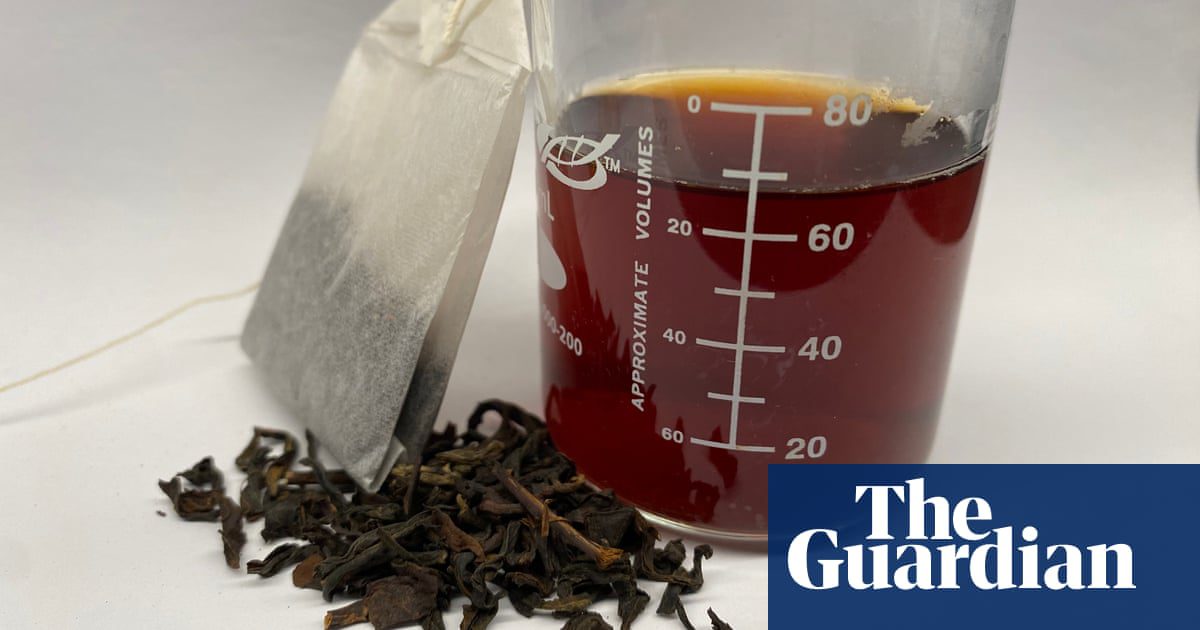
For those who instinctively reach for a cup of tea following a taxing work meeting, the health-boosting properties of this warm beverage are well-known.
Recent research, however, offers a scientific perspective on the reasons behind its numerous health benefits.
A study conducted by scientists at Northwestern University in the United States reveals that tea can effectively eliminate charged particles, or ions, of heavy metals from water.
Benjamin Shindel, the primary author of the research, pointed out that while previous studies have focused on flavor compounds in tea as sources of potential health advantages, this new investigation presents a different angle.
“A more compelling explanation might be its ability to detoxify metals from water,” he explained, noting that their experiments showed that a cup of black tea steeped for five minutes can lower lead ion concentrations in water by approximately 15%.
Although the researchers didn’t evaluate the health implications directly, Shindel acknowledged that even in a country like the UK, where lead levels in drinking water are generally low, there may still be a minimal effect.
“It’s possible that, even in small amounts, tea consumption could slightly decrease metal intake, potentially lowering the incidence of health issues linked to heavy metals across populations,” he stated.
Other research has indicated that tea drinkers might experience reduced risks of stroke, dementia, and even premature death.
In their findings published in the journal ACS Food Science & Technology, Shindel and colleagues explored how various batches of tea could impact the concentration of heavy metal ions dissolved in water. They analyzed how effectively tea steeped over different durations compared to control solutions without tea.
The team focused on black tea and discovered it reduced levels of all tested metal ions, including lead, chromium, and cadmium.
They further investigated lead, finding that longer steeping times and hotter water temperatures corresponded to greater reductions in lead ion concentrations. Interestingly, using ground tea proved more effective than using whole leaves.
Additionally, their results indicated that black, green, and white teas performed better at reducing lead ion levels compared to chamomile, rooibos, and oolong teas when allowed to steep for 24 hours.
In terms of bagged tea, the type of material also played a role; empty cellulose bags were shown to decrease lead ion concentration, while cotton and nylon bags did not deliver the same results.
Professor Michelle Francl from Bryn Mawr College, author of the book *Steeped: The Chemistry of Tea*, who was not part of this study, remarked, “If individuals are worried about heavy metals in their water supply, they shouldn’t rely solely on tea as a solution.”
Nevertheless, she noted that this study opens “exciting avenues” for exploring sustainable and effective methods for removing contaminants from water, which is a pressing issue in many regions worldwide.









